Choosing the Content Management System (CMS) for a content operation is a “make or break” decision. It’s not easy to commit to one and then switch to another. The best content management systems will give you room to scale your operation and be simple enough for your writers to utilize it fully.
CMS solutions go beyond static website builders—they are adaptable enough to manage all the complexities of pushing content at scale. This article explores the best CMS platforms that small and large businesses use to see digital success. We’ll cover features, pricing, pros and cons, and more to help you find the right one.
What Are the Best Content Management Systems (CMS)?
Subscribe To Our Youtube Channel
A CMS makes building and managing websites easy. It allows users to create web pages and website content using simple user interfaces on the backend. It controls how that content (or data) is organized and displayed dynamically throughout your website. The alternative to a CMS would be hard coding static HTML pages where you’d like to copy a template page and rework it for every new piece of content you’d like to publish. This is an excellent way of operating a small website that isn’t expected to change much (it’s fast, and you’re in complete control, but it’s a manual process). A CMS should offer extendibility and make tasks like SEO or content sharing easier (there’s more they can do than just those). Ideally, it does all this with a great user experience and through incredible site speed—all for a reasonable cost.
We’ve gone through all the top CMS services and software to develop this list of the best content management systems you should use on your next website. There are hundreds, if not thousands, of choices out there (check Reddit), so we haven’t listed every possible option. Instead, we have hand-selected the leading CMSs that fit specific use cases to help you make an informed decision. This way, you can better understand how to choose a CMS based on your needs.
The Best Content Management Systems Listed In Order
We’ll start with the all-time leader of CMSs — WordPress.
1. WordPress
🥇 Overall Best CMS
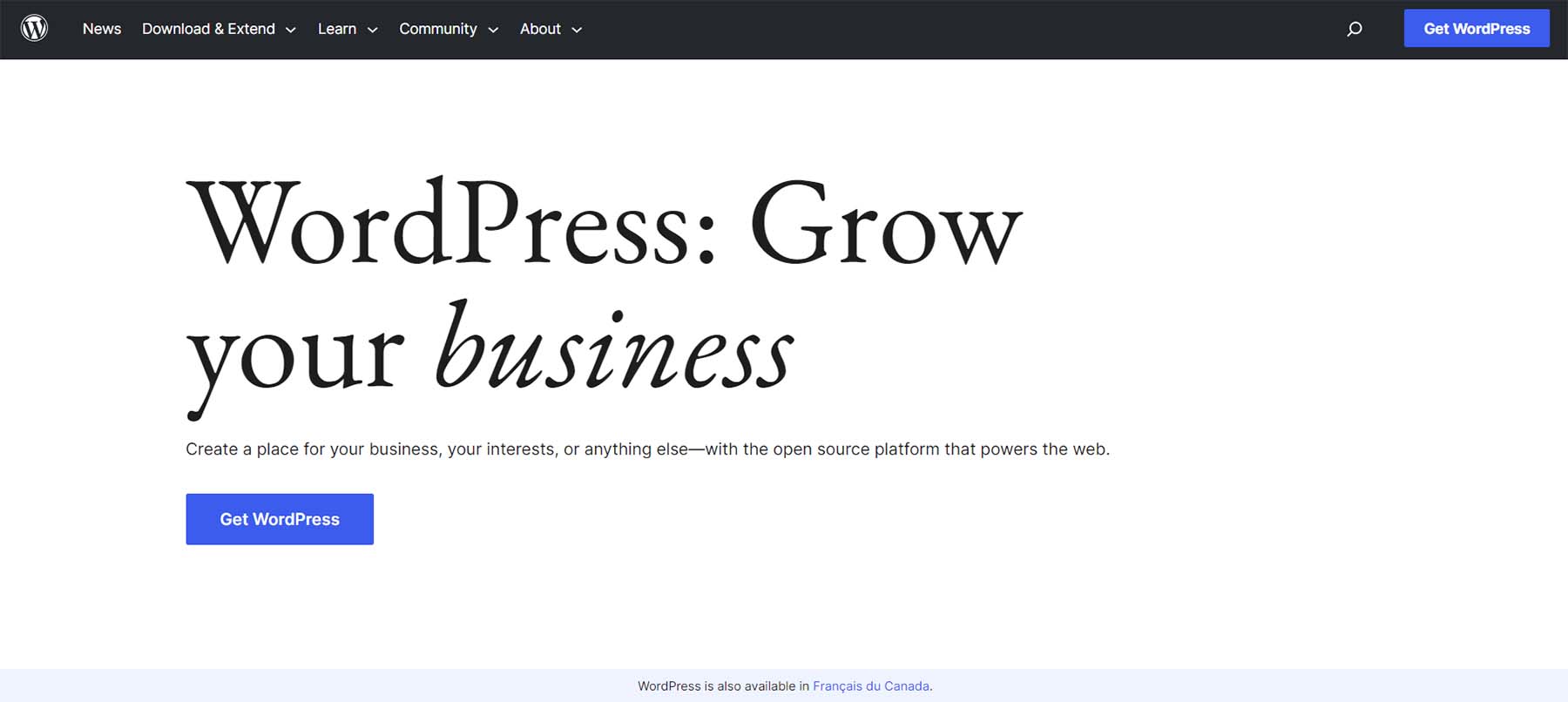
WordPress is by far the most popular Content Management System (CMS) for building websites of all types, used by over 43% of all websites. The core technology (WordPress.org) is free and open source, which has helped it snowball over the last twenty or so years. It also has a huge following and support from users, developers, and companies that build WordPress products to fit every need imaginable.
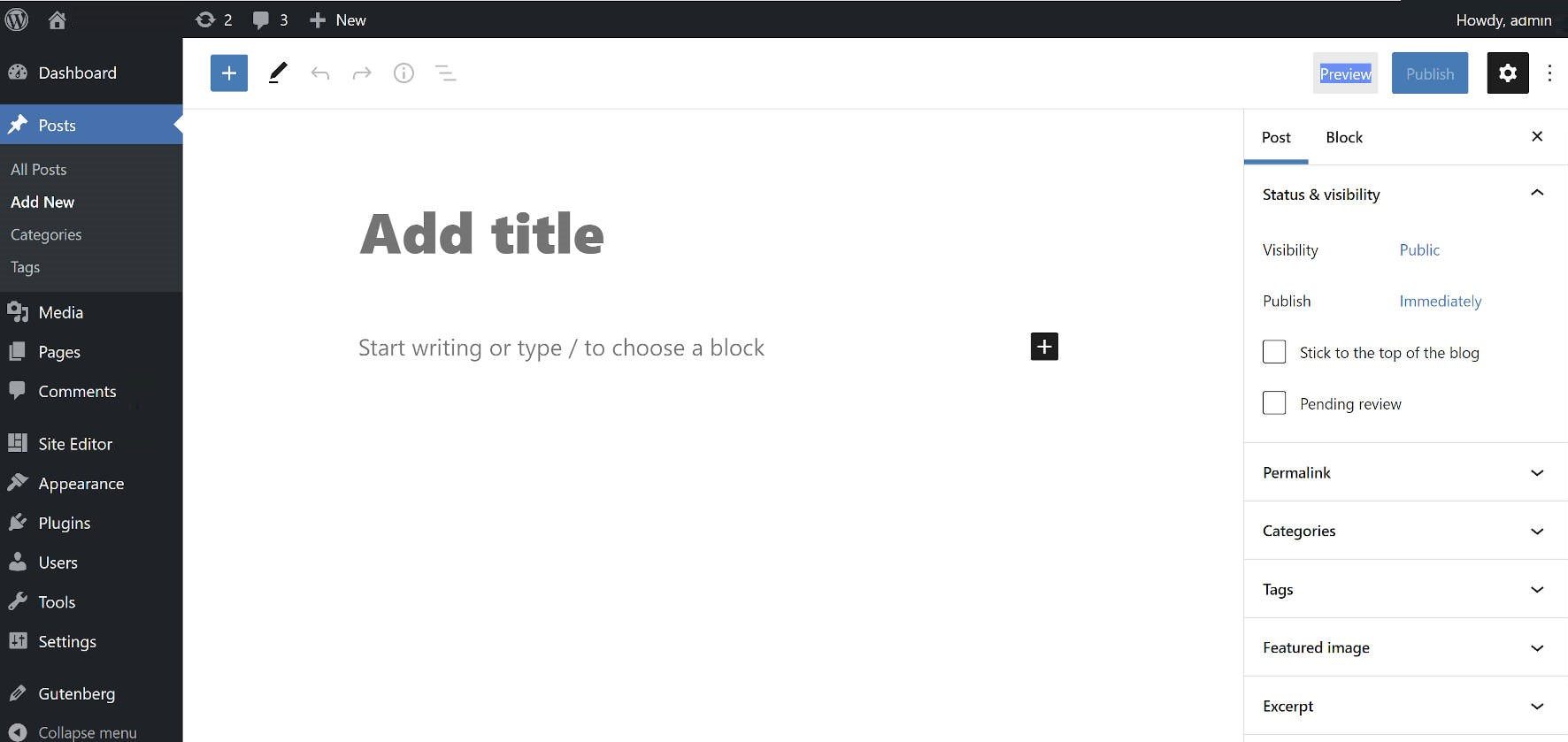
Although WordPress core is free open-source software, it does require other things to make it competitive. For example, you’ll need at least a good free hosting provider, speed and security plugins, and a flexible theme (more details at the end of this post on how to get started with WordPress). The customization capabilities in WordPress go far beyond just the website’s visual design. Users can add functionality to their site with plugins for tasks like contact forms, social media sharing, eCommerce, and integrations with thousands of SaaS, marketing, and productivity platforms. The flexibility of WordPress allows users to build precisely the websites they have in mind and not be held back by a set-in-stone CMS.

What We Like About WordPress
- Vast Customization: Vast customization capabilities with thousands of themes and tens of thousands of plugins for almost any task, many of which are free or have a free starting option.
- Easy Content Management: It is easy to manage content for various website types, including online stores, blogs, and membership sites.
- SEO-Friendly: An SEO-friendly CMS that offers more options for complex SEO tasks and technical setups.
- Large Community: A massive, supportive community with plenty of groups for joining and getting help, such as our Divi Users group.
- Portability: Content portability allows easy transfer to a different WordPress site or as data files to take elsewhere, ensuring control over your data.
- User Management: Includes a robust User Management System out of the box, featuring role permissions, user validations, and password management.
What Could Be Improved
- Customization Complexity: While vast customization options are available, beginners might find the array of themes and plugins overwhelming and challenging to navigate.
- Requires Ongoing Maintenance: Regular updates for core software, themes, and plugins can be cumbersome and require constant attention to ensure site security and functionality.
🥇 Why We Picked It
WordPress sets the standard for so many CMSs. Usually, when a new one comes out, they try to fix one aspect of WordPress but often do a disserve to other features. Its unparalleled library of themes and plugins allows for creating any website, from simple blogs to complex eCommerce platforms. This flexibility, combined with robust SEO tools and content management capabilities, rightfully secures its top spot on our list.
Who is WordPress Best For?
WordPress is a great CMS for businesses and bloggers with unique needs because it allows complete freedom to build any website with thousands of themes and plugins for added features. Additionally, it is designed for SEO and has a supportive community. However, it does require web hosting, and users are responsible for managing security and backups. With the proper plugins, those are all manageable items to get done.
Community Reviews and Ratings
Users love the flexibility of WordPress, but that can also complicate things. New users ought to keep things simple, use as few plugins as necessary, and pick one editor/page builder to go with. Advanced users enjoy the endless possibilities of what WordPress offers. And all our open web friends love WordPress.org’s position as a leader for the open web.
Pricing
WordPress is free to use, but users must pay for hosting and any premium themes or plugins they choose to use.
2. Hubspot
🥈 Best All-in-One CMS + Marketing Platform
HubSpot CMS is geared toward marketers and sales organizations who use paid or organic content as a significant inbound channel. It allows businesses to integrate marketing and CRM infrastructure inside a CMS fully. It helps you get customer information with inbuilt reporting, set up marketing automation, and tap right into HubSpot CRM without having to set up any 3rd party integrations.
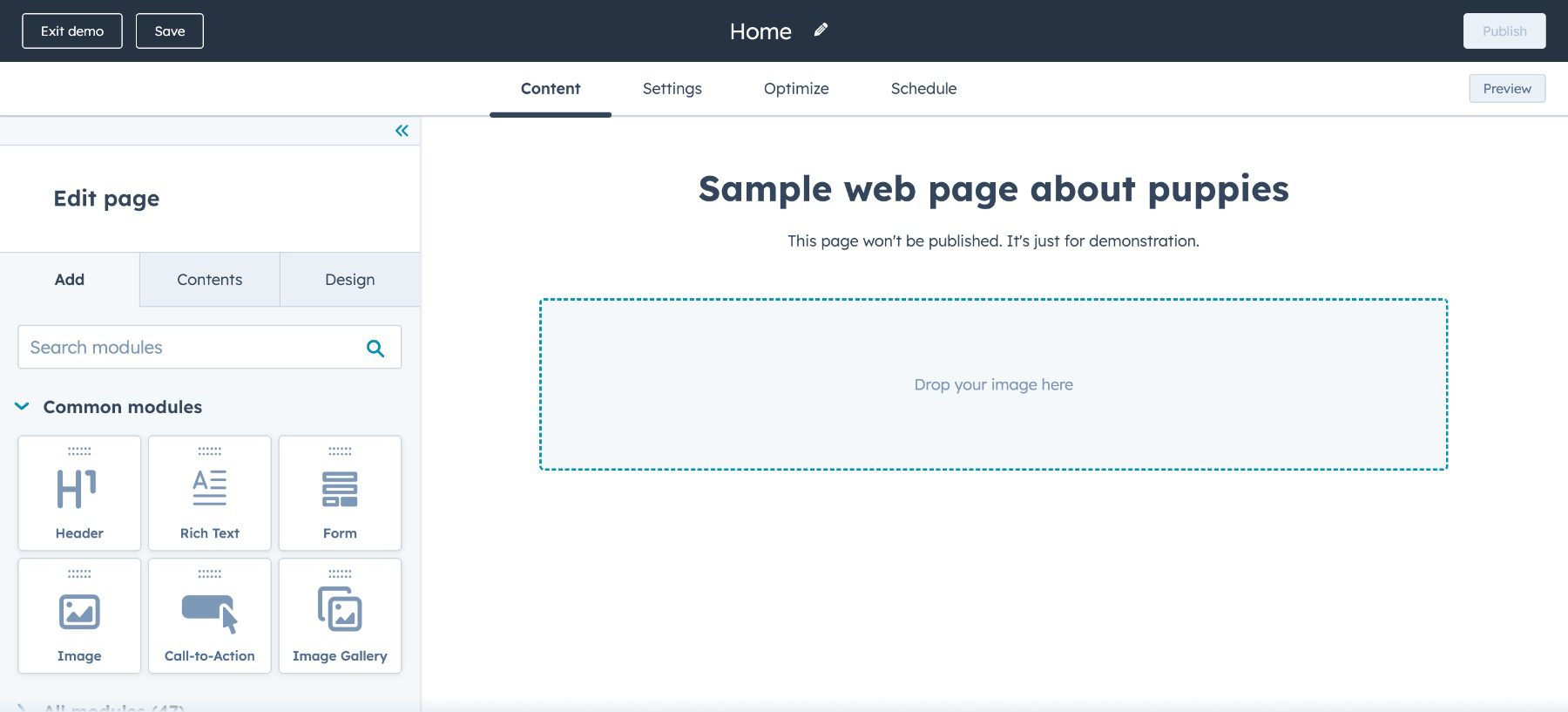
HubSpot has built-in SEO tools and marketing attribution, which help businesses optimize their web content and properly collect customer data for later marketing. HubSpot empowers businesses to make data-driven decisions and improve their online presence, ultimately converting more customers. Check out our detailed HubSpot overview for more.
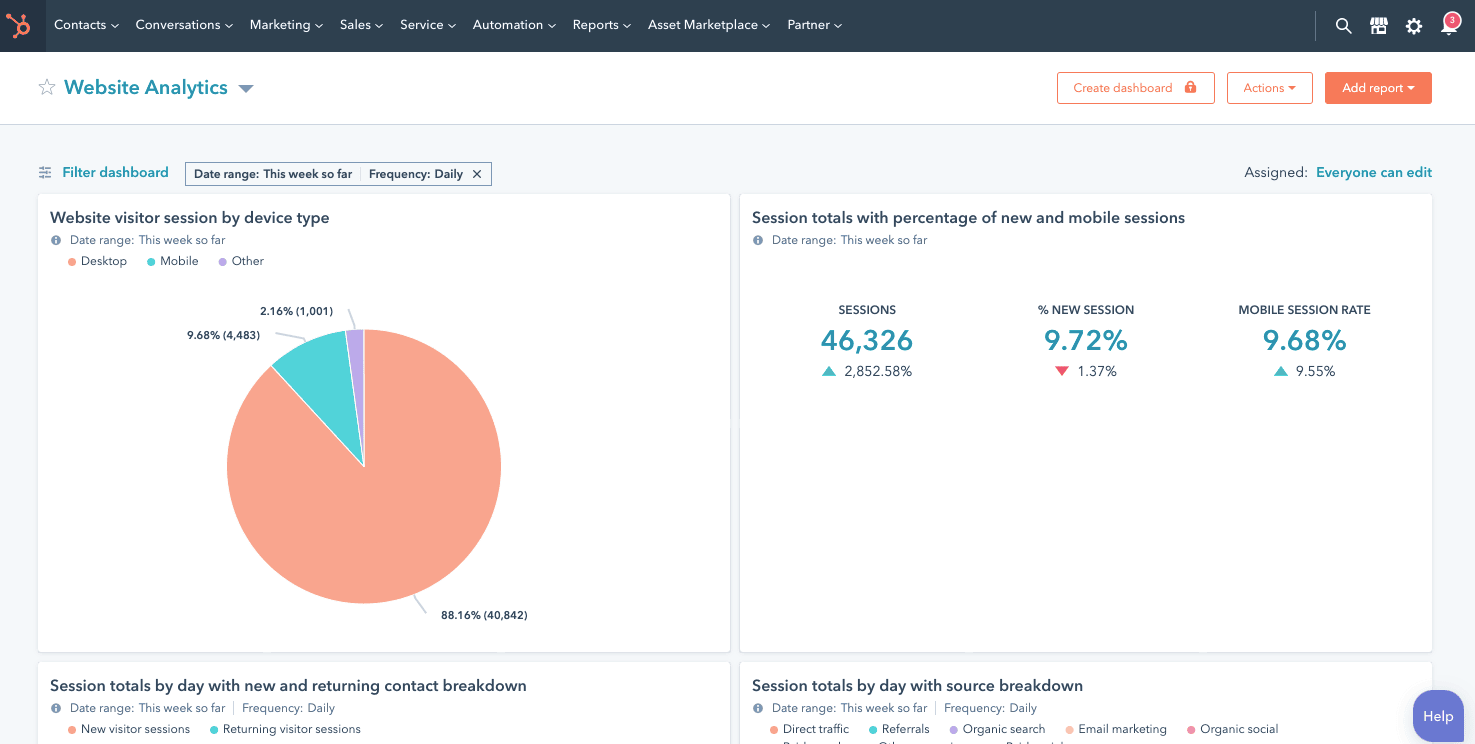
What We Like About Hubspot
- SEO Tools: HubSpot CMS Hub offers built-in SEO and marketing attribution tools, making it easy to optimize web content.
- Done-for-you Security: CMS Hub includes built-in security features such as a global CDN and Web Application Firewall to protect against attacks.
- HubSpot Tool Integration: The platform integrates seamlessly with HubSpot’s marketing, sales, service, and CRM tools, streamlining workflows.
- Page Templates: HubSpot Asset Marketplace provides over 3,500 free and paid templates to customize your site’s appearance.
What Could Be Improved
- High Cost: While offering best-in-class features, HubSpot CMS Hub can be expensive for small businesses, especially when scaling up or requiring advanced functionalities.
- Complexity for Beginners: The platform’s comprehensive suite of tools can be intimidating for users without marketing or technical experience.
🥈 Why We Picked It
HubSpot CMS Hub earns its place for its seamless integration of content management with powerful inbound marketing tools, offering a holistic platform that allows for creating dynamic, optimized websites and enhancing lead generation and customer relationship management. Its all-in-one nature serves businesses looking to streamline their digital presence and marketing efforts, making it a preferred choice for those prioritizing growth and efficiency through data-driven insights and automation.
Who is HubSpot Best For?
HubSpot CMS is a comprehensive content management system that allows marketers and business owners to link their marketing and sales activities easily. We recommend it to businesses of all sizes seeking a unified CMS and CRM solution. Small companies, as well as larger ones, rely on Hubspot. They have excellent help resources and videos to get you on your way.
To see how Hubspot compares to WordPress, see our breakdown of WordPress vs. Hubspot.
Community Reviews and Ratings
Many professionals gravitate to HubSpot and love its sprawling ecosystem of interconnected marketing and CRM tools. Many people talk about HubSpot’s pricing, which is both complex and easy to have it get expensive. A few users also note HubSpot’s lock-in effect, making switching platforms harder.
Pricing
Hubspot’s CMS Hub has free tools with paid plans for as little as $25 per month for CMS Starter (with prices for CMS scaling well over $400 per month for professional and beyond)
3. Shopify
🥉 Best CMS for Exclusive Ecommerce

Shopify is a popular eCommerce CMS that includes basic content management for posts. It is one of the go-to eCommerce website platforms along with WooCommerce. Its sole purpose is to make selling online easy. Shopify is powerful as an eCommerce CMS but relatively weak regarding pages and blog posts. Most people starting with the platform are delighted with the selling features but are left wanting better CMS features for traditional content (outside of product information).
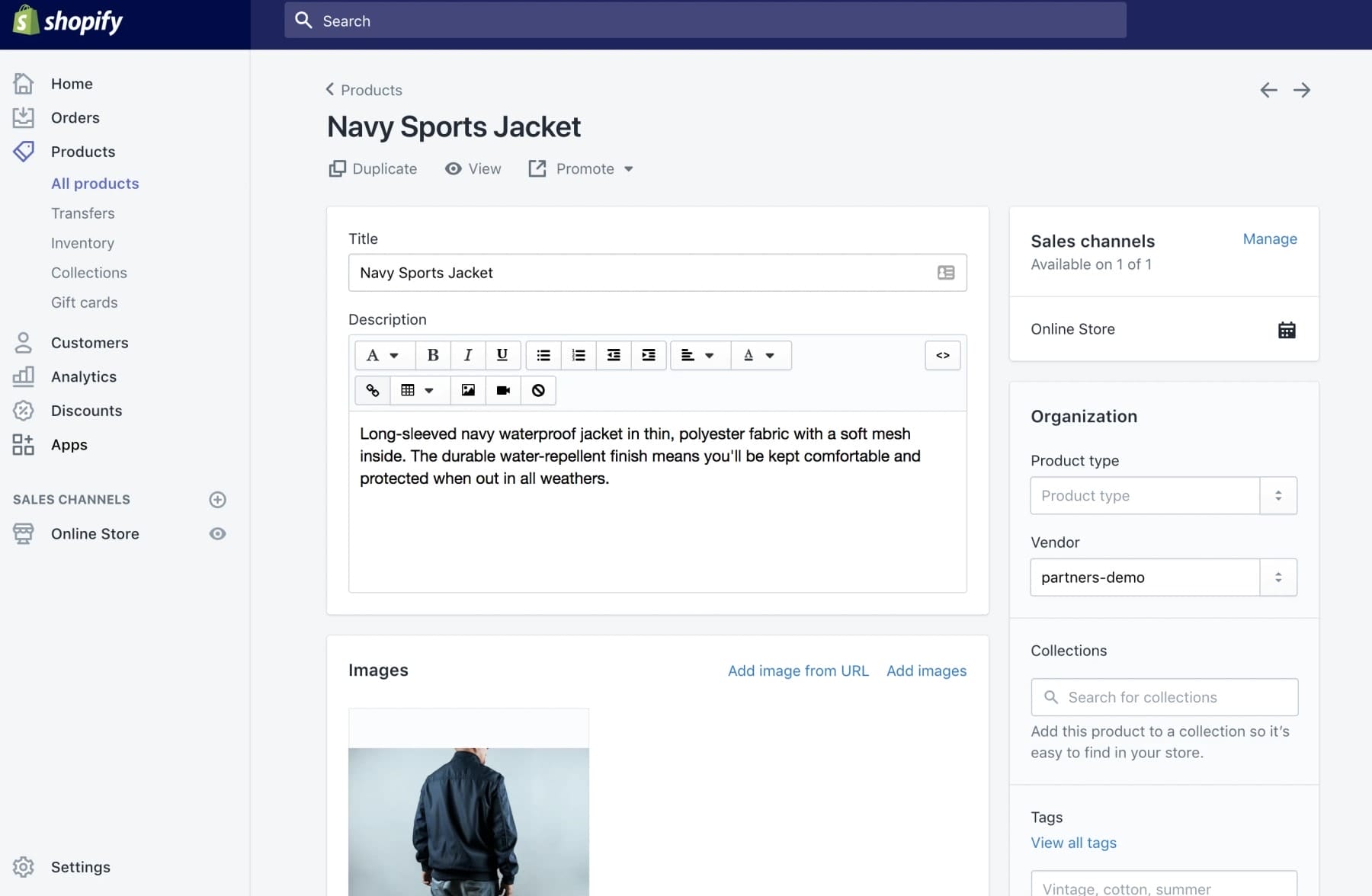
Shopify’s built-in payment processing and shopping cart system make it incredibly easy for businesses to set up an online store and accept payments quickly. This, combined with its user-friendly interface and tech support, makes it an excellent option for first-time shop owners and small businesses looking to start selling online without the technical know-how or resources required to build a custom e-commerce solution from scratch.
What We Like About Shopify
- Payment Processing: Shopify has a built-in payment processing and shopping cart system.
- Customer Support: Offers an easy-to-use interface with 24/7 support and many first-party integrations.
- Product Management: Enables management of product display, stock, coupons, and orders.
- App Marketplace: Features an app marketplace with over 5,700 free and paid apps to extend functionality.
- Ecommerce Focused: Perfect for first-time shop owners and small businesses aiming to sell online.
What Could Be Improved
- Transaction Fees: Shopify charges additional transaction fees unless you use Shopify Payments, which can increase operational costs.
- Proprietary Programming Language: Its themes are built with “Liquid” (similar to WordPress’s use of PHP). It requires learning another language, but it is worth knowing if a lot of work will be done with Shopify.
- Customization Limits: While Shopify is user-friendly, there are limitations to customizing store functionality without using apps, which may incur extra costs (it’s not the best platform for blogging, for instance).
🥉 Why We Picked It
While we personally love WooCommerce with WordPress, we understand that a dedicated platform for eCommerce is desirable to some. Shopify is that sort of platform thanks to its comprehensive, user-friendly platform that simplifies the online selling process for merchants of all sizes. It’s a proper turnkey solution for anyone looking to enter the eCommerce space with best-in-class tools quickly.
Who is Shopify Best For?
Shopify is an ideal CMS for e-commerce sites, especially for first-time shop owners or small businesses looking to sell online. It offers a user-friendly interface with payment processing, apps with more features, and customer support. However, customization options are limited, and bigger plans can be expensive.
To see how Shopify compares to WooCommerce, see our breakdown of WordPress vs. Shopify.
Community Reviews and Ratings
Users love that Shopify is built for one thing—eCommerce. It keeps certain things simple. Others also note how integrations with advertising networks (Meta Advertising, Google Merchant, etc.) are more accessible than with any other platform. Price is an issue for some with no free tier and higher prices for better features and per transaction rates. But many say the price is worthwhile since it is an all-in-one platform (hosting, SSL, security, and eCommerce tools are all provided).
Pricing
Shopify’s pricing starts at $39 per month with transaction fees per store transaction.
4. Webflow
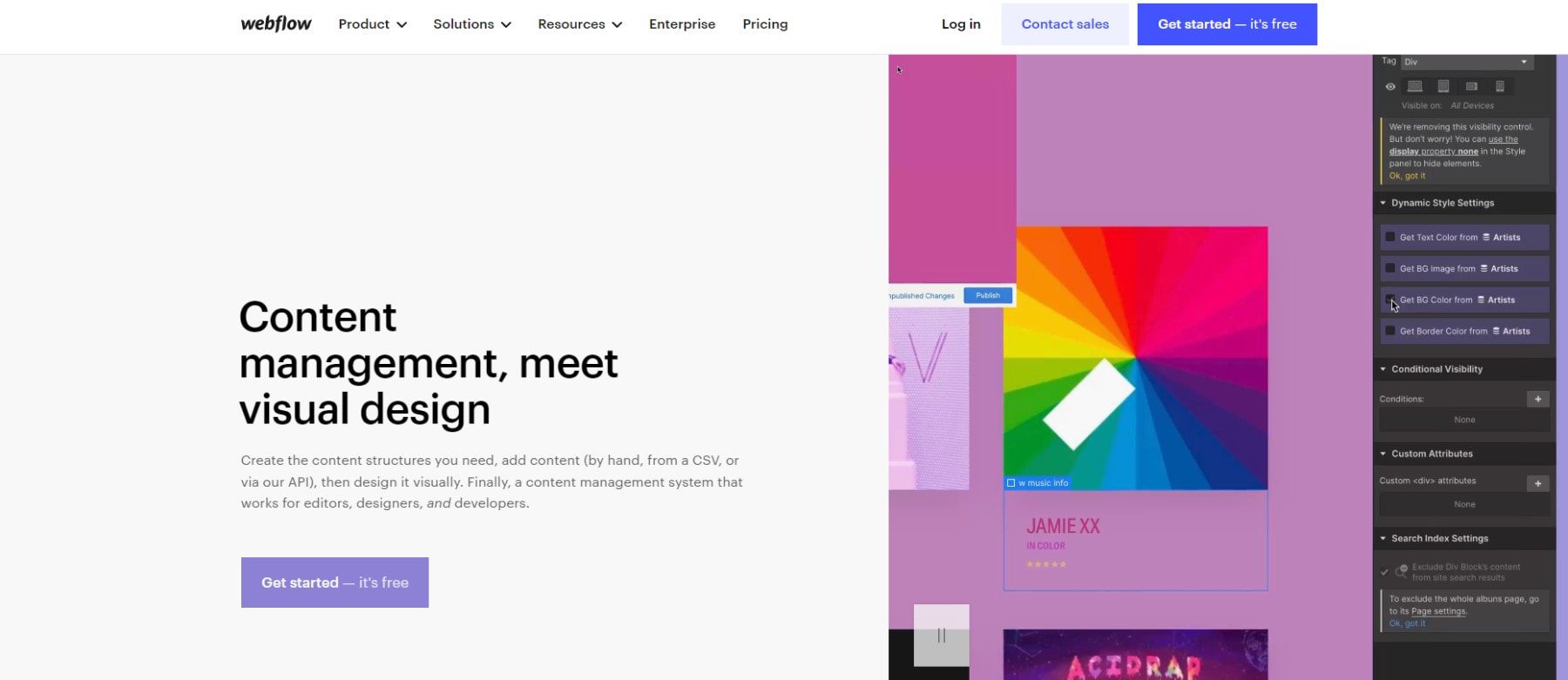
Webflow is an all-in-one software-as-a-service (SaaS) platform for building and hosting your website. All the features are built-in, so you don’t have to worry about finding a host or installing extra plugins for things like SEO, security, eCommerce, etc.

The best feature of Webflow CMS is its visual editor. This editor allows you to create and edit content without any coding knowledge. You can drag and drop elements to make your pages and use the built-in tools to style your content. The visual editor is intuitive and easy to use, though a design background is helpful.
What We Like About Webflow
- Design Control: Complete control over site design with Webflow, allowing for precise customization.
- Security Out-of-the-Box: Offers built-in security features like SSL certification and 2FA with Webflow, ensuring a secure website environment.
- Hosting Included: Hosting is included with the platform, similar to Wix or Squarespace, providing a convenient all-in-one solution.
- Built For Designers: Ideal for experienced designers who want to rapidly create custom sites with Webflow.
What Could Be Improved
- Learning Curve: Webflow’s advanced design capabilities come with a steep learning curve, potentially daunting for those without web design experience.
- High Pricing: For more advanced features and higher traffic sites, Webflow’s pricing can get fairly high, making it less accessible for hobbyists or small businesses.
Who is Webflow Best For?
Webflow is an ideal content management system for experienced designers as the whole design system is built to bring CSS to a no-code environment. It has well over a hundred starting templates for agencies designing quickly for customer sites and has all the web design features to iterate new concepts rapidly. It reminds us a bit of Divi for WordPress.
To see how Webflow compares to WordPress, see our breakdown of WordPress vs. Webflow.
Community Reviews and Ratings
Designers love Webflow because it gives unparalleled flexibility for design-related matters (have you noticed all the Webflow clones popping up?). They have excellent support documentation (including walkthrough videos), making using the platform less intimidating. But still, its unique approach results in a cumbersome learning curve that only a few have the time to nurture.
Pricing
Webflow’s pricing starts at $18 per month but requires $29 per month for CMS features (the point of this article). They have a free plan with limited CMS but no custom domains.
5. Contentful

Contentful is a headless CMS that allows you to manage your content in a central location and deliver it to any device or channel. It offers a range of features and integrations to help developers create and manage their digital content strategy.
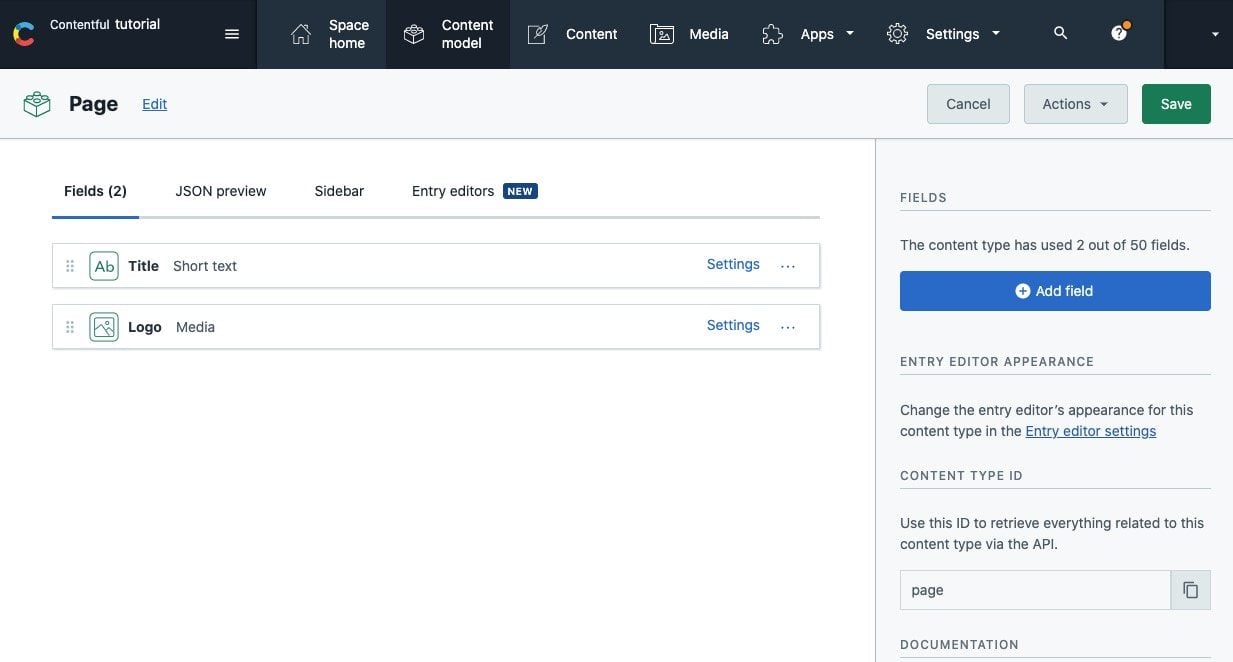
Contentful’s “content model editor” works like custom post types in WordPress, where you can create content types and fields. For example, you could create content models for an editorial story-telling or for product reviews based on the type of content and structure you want to have for either.
What We Like About Contentful
- Enterprise CMS: Contentful is an enterprise-level headless CMS with tools for creating, editing, and managing content.
- Custom Content Models: Allows creation of unique content models tailored to specific project needs with Contentful.
- API-First Approach: An API-first platform with Contentful enables integration with any tech stack and delivery to any channel.
- Secure Infrastructure: Security features provided by Amazon Web Services and built into Contentful, ensuring robust protection.
- Adaptable: Contentful is versatile for publishing to all sorts of digital platforms, from web browsers to mobile apps.
What Could Be Improved
- High Complexity: The flexibility and power of a headless CMS like Contentful come with a complexity that can be a barrier for less technical users.
- Integration Dependency: Relying heavily on third-party integrations (through APIs) for extended functionality can lead to additional costs and complexity.
Who is Contentful Best For?
Contentful is a cloud-based CMS for bigger businesses with technical resources. It’s perfect for developers who want to use an API-first CMS to push content to different channels, but it may not be easy for most businesses.
Community Reviews and Ratings
One of the very best headless CMSs on the market, Contentful gets a lot of praise from its ideal customers and users. If you don’t match their perfect user profile (i.e., developers), other past users say you should only commit to it if you don’t mind the very steep learning curve and need to use its API to be successful with it.
Pricing
Contentful’s pricing starts at $300 monthly for its basic CMS plan, with prices climbing from there. They have a free version for minor developer projects.
6. Adobe Experience Manager Sites
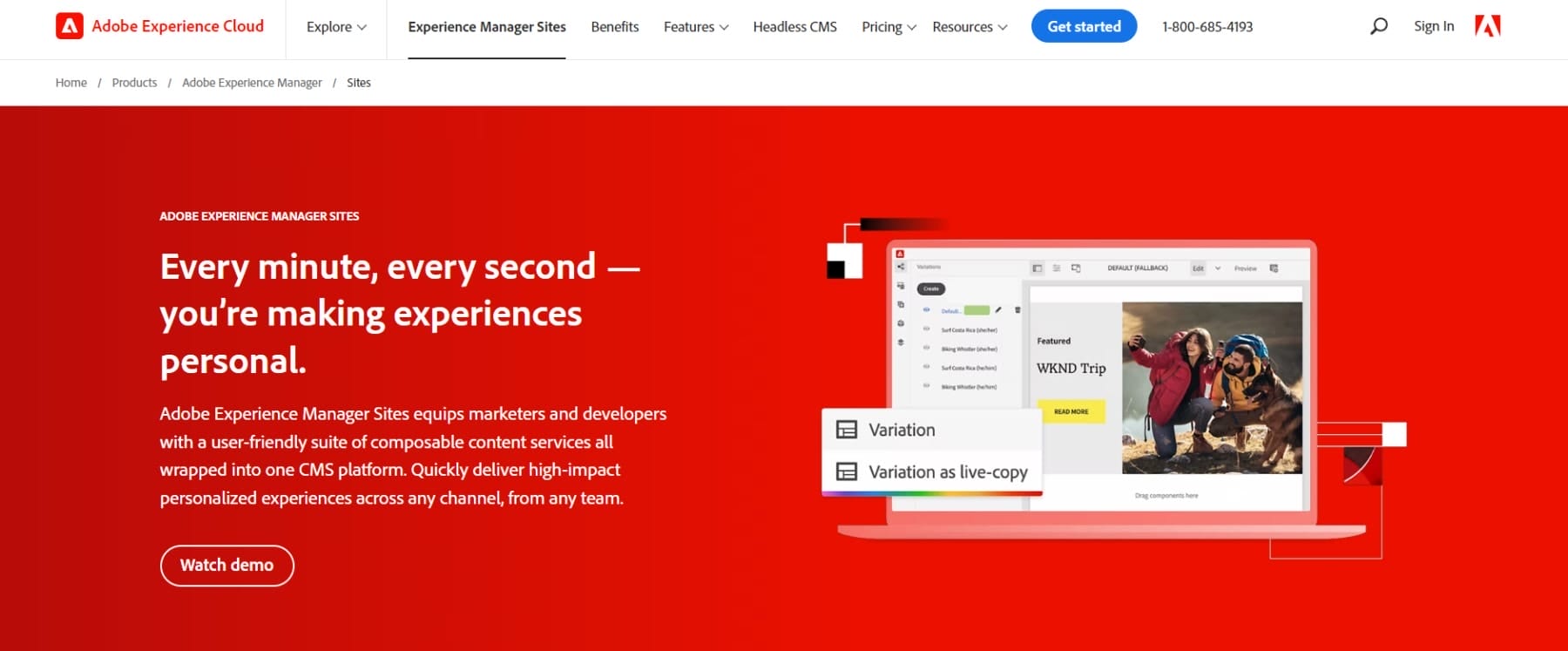
Adobe Experience Manager Sites is a cloud-based CMS that offers a wide range of features, including content management, collaboration, and analytics. It is a good choice for businesses that need a feature-rich CMS to power digital content on apps and websites. It integrates seamlessly with the rest of the Adobe Experience Cloud ecosystem.
The best feature of AEM Sites is its ability to create personalized user experiences. AEM Sites use various technologies, including artificial intelligence, to understand user behavior and preferences. This information is then used to deliver more relevant content to each user.
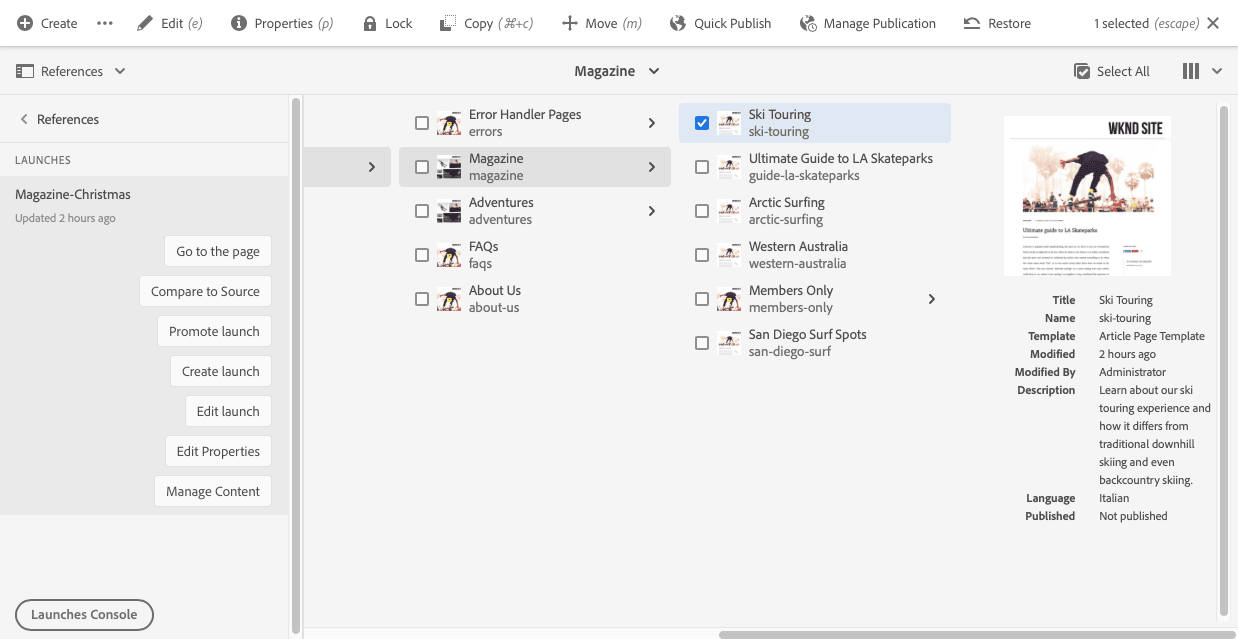
What We Like About Adobe Experience Manager
- Flexible CMS: Adobe Experience Manager is a flexible CMS that adapts to channels like mobile apps and websites.
- Scalable: Scalability with Adobe Experience Manager’s machine learning and AI-powered DAM tool.
- Advanced Controls: Advanced user access controls, video analytics, and intelligent searching with Adobe Experience Manager.
What Could Be Improved
- Cost and Complexity: Adobe Experience Manager is expensive and complex, making it less suitable for small to medium-sized enterprises.
- Technical Skill Requirement: Requires a high level of technical expertise for installation, customization, and management.
Who is Adobe Experience Manager Best For?
AEM Sites is a great CMS for big organizations that want to deliver personalized content experiences across multiple channels. AI powers it and has an efficient data collection system, but licensing and setting up are expensive.
WordPress tools like AppPresser can help you turn your website into an App for multi-channel content distribution.
Community Reviews and Ratings
Many of the most prominent publications and companies in the world use AEM. It’s been around for a long time and is quite expansive in what it can do. But expect a lot of learning to go into each of its features. Most people only work with it when working in a large organization. For smaller organizations, looking to the top three on this list rather than AEM is best.
Pricing
Adobe Experience Manager Sites’ pricing is not public, and you will need a quote from Adobe.
Get Adobe Experience Manager Sites
7. Magnolia CMS
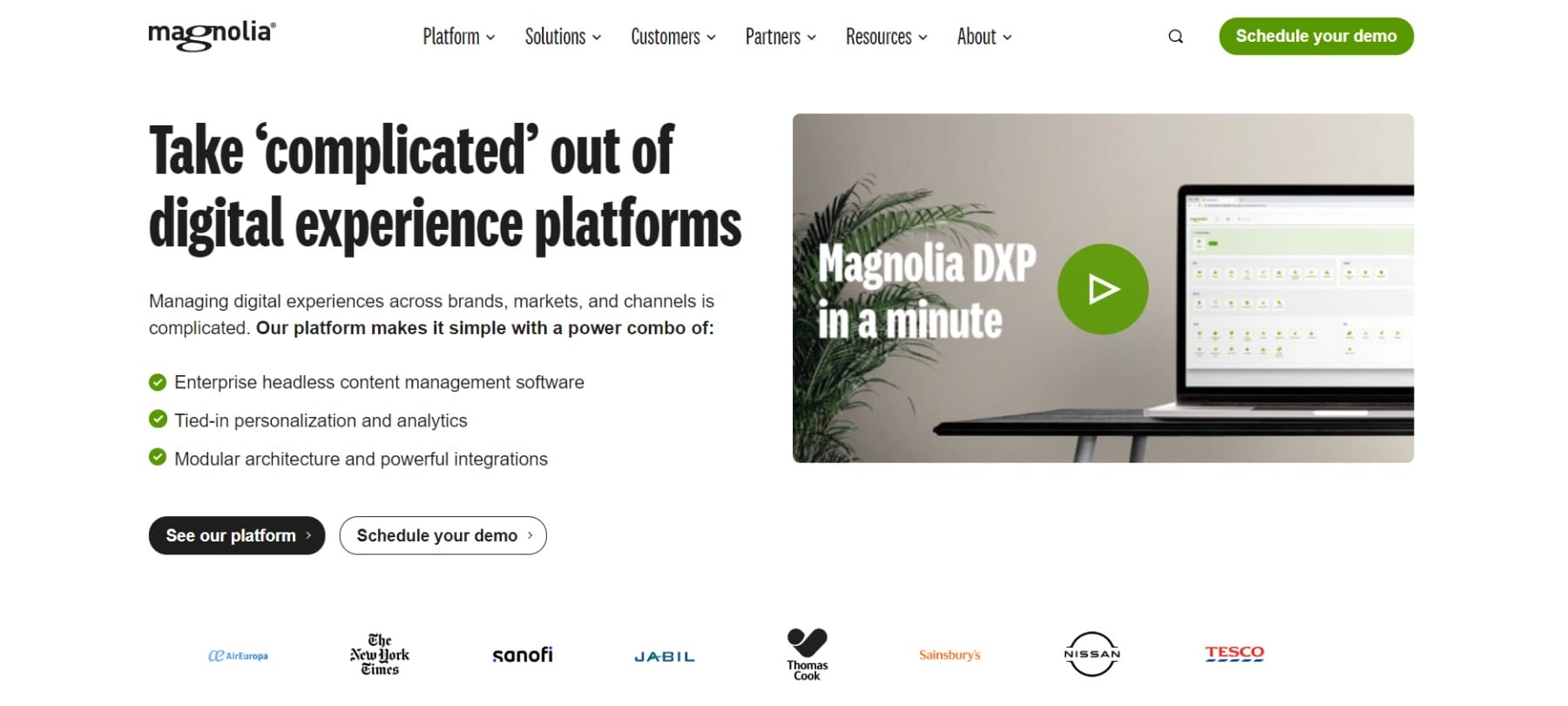
Magnolia is a headless CMS that offers a wide range of features, including content management, collaboration, and analytics. It is a good choice for businesses that need a powerful and feature-rich CMS.
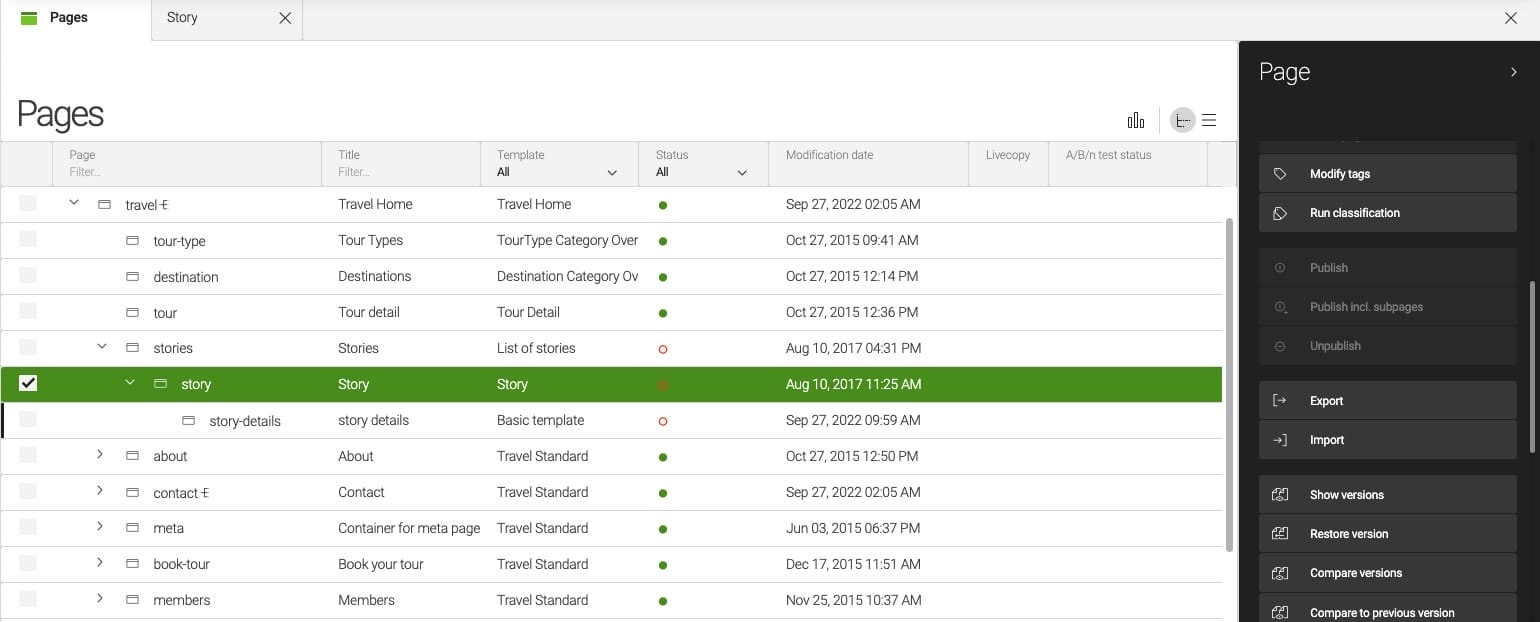
Magnolia’s modular architecture and open APIs make adding new features and functionality easy. Its flexible content model allows you to create and manage content in a way that makes sense for your business.
What We Like About Magnolia
- Modular Toolset: Magnolia is flexible and customizable with modular architecture and Java customization options.
- Multi-site Management: Built for managing multi-site, multi-language, and multi-channel digital experiences with Magnolia.
- AI-Poweredx Search: Includes AI-powered content search and intelligent tagging for centralized taxonomy.
- Customizable Offerings: Offers out-of-the-box functionality with options to customize and tailor workflows.
- Versatile: Supports traditional web pages, interactive apps, digital signage, and any digital channel.
What Could Be Improved
- Complexity for Non-Developers: Its powerful flexibility and customization options can be overwhelming for users without a technical background.
- High Pricing: As with many enterprise-level CMSs, the price can be a barrier for smaller organizations or projects.
Who is Magnolia Best For?
Magnolia is a great CMS for businesses that manage multiple sites, channels, and endpoints. It offers good default features, but you can customize it. Magnolia’s modules can be interchanged, and you can customize Java for workflows, server filters, and the interface. It is ideal for omnichannel experiences and is favored by many marketers. It also uses AI features to help create content, making it easier for users to find (and add personalization).
Community Reviews and Ratings
This is another developer favorite, though it boasts a smaller CMS market share. Still, it is a worthy contender with its celebrated workflows and enterprise capabilities.
Pricing
Magnolia’s pricing requires contacting their sales team and getting a quote directly from Magnolia.
8. Joomla

Joomla is a free-to-install, open-source CMS that’s similar to WordPress. Many would consider it behind WordPress’s usability, but many people love it. Joomla is tailored more toward developers rather than the average user. It can be challenging, and learning the UI and settings isn’t easy.
Post and page editing uses a standard WYSIWYG editor that virtually all CMS platforms are getting away from. Upgradable Joomla page editors can be added for a more modern editing experience.
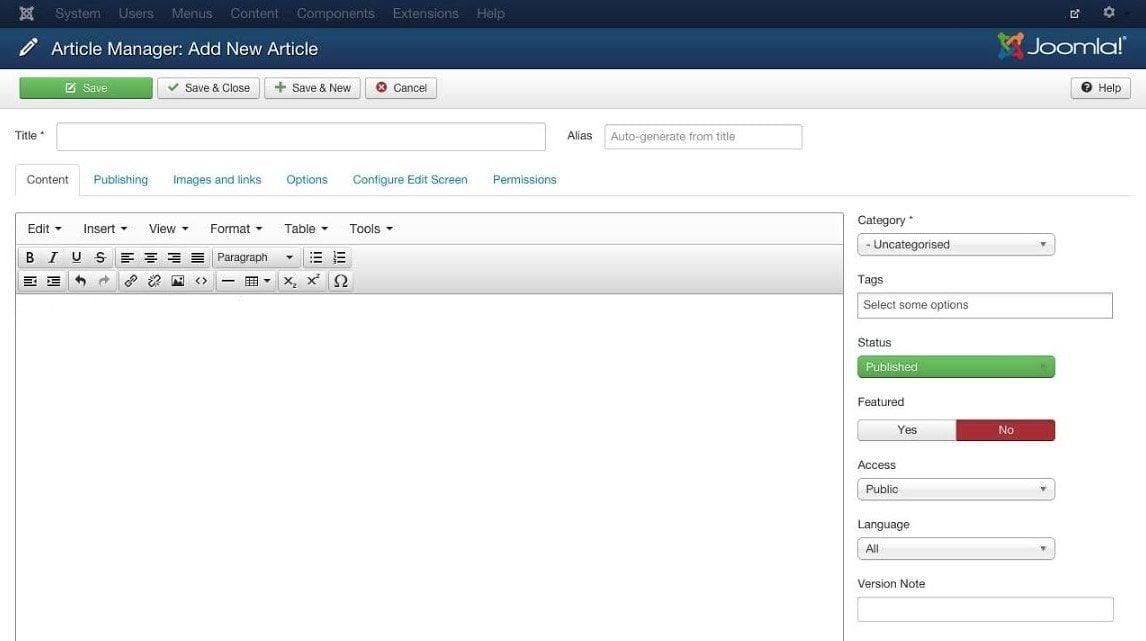
What We Like About Joomla
- Middle Ground Solution: Joomla balances WordPress’s ease of use and Drupal’s versatility.
- Plenty of Features: Joomla has more out-of-the-box features than most open-source CMS systems for building complex sites.
- User Management: Provides excellent tools for managing users, popular for membership-type sites.
What Could Be Improved
- Less User-Friendly: Joomla compromises ease of use and flexibility, but its interface and structure can be less intuitive than WordPress.
- Plugin Quality: While many extensions are available, the quality and maintenance of these can be inconsistent, potentially leading to security and functionality issues.
Who is Joomla Best For?
Joomla is suitable for larger companies and technical individuals who need a more advanced CMS with features and flexibility for building complex sites, like eCommerce stores or membership-type sites. Still, it requires a steeper learning curve than WordPress and provides user management tools.
To see how Joomla compares to WordPress, see our breakdown of WordPress vs. Joomla.
Community Reviews and Ratings
Joomla is another tremendous open-source project that has been around for a long time. Users either tend to love or hate it. It’s becoming more capable for eCommerce, but its small community means update releases are more minor and less significant. Many users report issues when updating plugins and core releases that temporarily break a site. But, it has an active community and is an excellent alternative to WordPress.
Pricing
Free CMS platform that requires hosting, themes, and plugins—much like WordPress.
9. Ghost

Ghost is a publishing platform focused mainly on publishing, specifically for digital content creators who tend to otherwise monetize their content through Medium, Substack, or Patreon. Instead of taking the approaches of any of those platforms, Ghost is a CMS that lets you control every aspect of your business website with the added benefit of great monetization tools that come standard.
Creators can charge for their content through a customizable membership or offer it free. The CMS distributes content via web and email using the built-in newsletter feature. Ghost is a CMS with a single purpose, so learning tends to be easier. All the tools are there to help you post and make money.
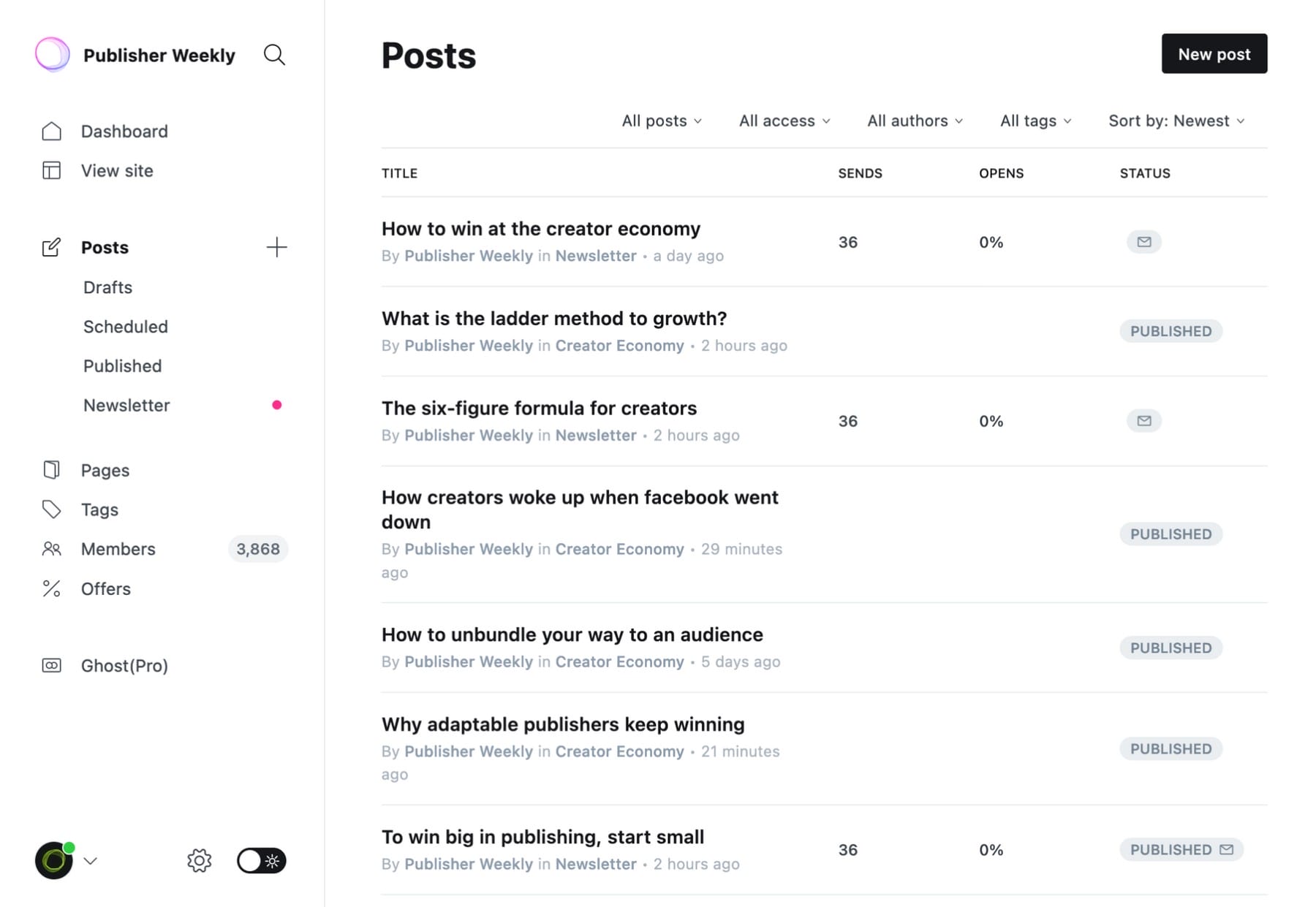
What We Like About Ghost
- Creator-Focused: Ghost is designed for creators, featuring a content editor using cards similar to WordPress blocks.
- SEO Support: The CMS platform with Ghost has excellent support for SEO.
- Monetization Built-in: Ghost is ideal for running a paid online journal or content hub, allowing creators to charge for their content.
- Content Sharing: Easily share content through various channels, including websites and email newsletters with Ghost.
What Could Be Improved
- Niche Focus: Primarily focused on blogging and content creation, Ghost may not be suitable for all types of websites, limiting its versatility. Its price point also limits those starting with blogging.
- Technical Setup: Setting up Ghost can be technical, requiring familiarity with command-line tools, which may deter less tech-savvy users.
Who is Ghost Best For?
Ghost is an ideal CMS platform for bloggers, podcasters, and journalists, focusing on efficiently managing members and content. Users who need more customization may find it lacking compared to CMS platforms like WordPress, though many will find the simplicity freeing. It’s also not easy to self-host (at least not now), so site owners would use their optional hosting.
To see how Ghost compares to WordPress, see our breakdown of WordPress vs. Ghost.
Community Reviews and Ratings
Many successful bloggers have switched to Ghost since it narrowly focuses on content creation, distribution, and monetization. That’s great for those already earning from their content, but those just getting started report the high price of using the managed version of Ghost and extensive issues when they try to opt for the self-hosted option.
Pricing
Ghost plans start at $11 monthly (based on audience size) with a free option for managed hosted sites.
10. TYPO3
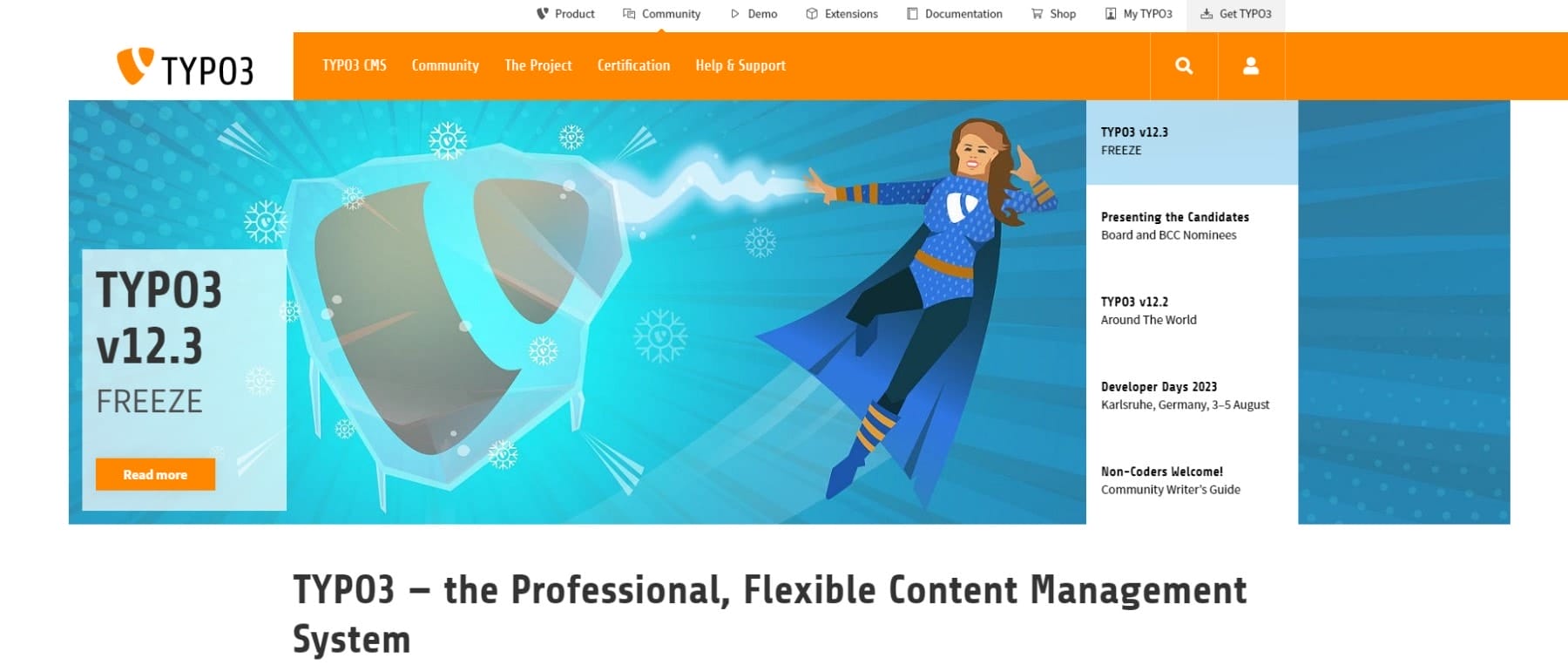
TYPO3 is a free and open-source CMS known for its flexibility and scalability. It is a good choice for businesses seeking a customizable and open-source CMS platform. It’s more of a developer-focused platform with steep entry points. It boasts a relatively extensive extension library, with many extensions costing extra. Unfortunately, that pales in comparison to WordPress’ plugin selection.
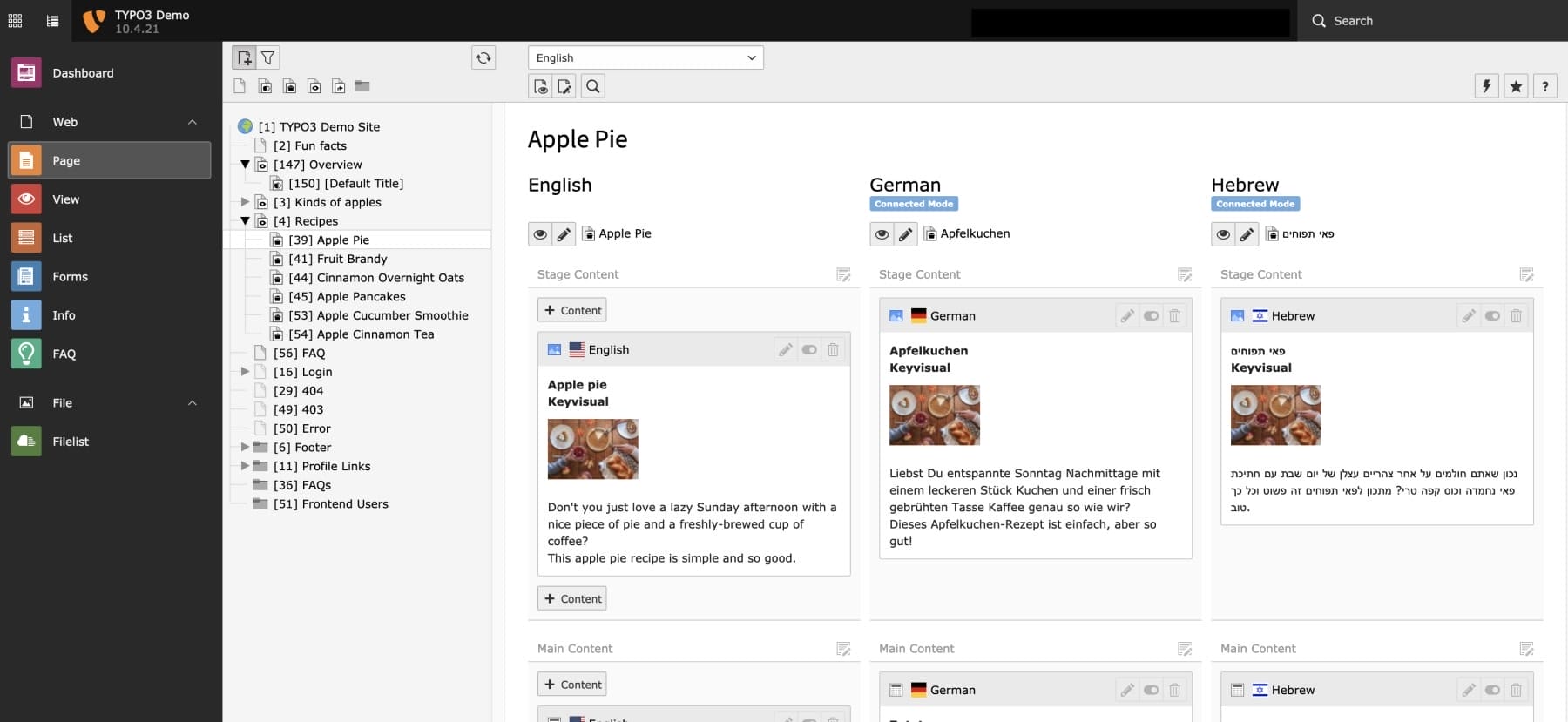
What We Like About TYPO3
- Customizable with Extensions: TYPO3 is highly customizable, with over 6,000 extensions and options for further development.
- Security Focused: It is easy to modify user permissions and customize security features with TYPO3, providing greater control.
- Enterprise Suited: Best suited for enterprise-level websites but requires advanced technical skills for TYPO3.
What Could Be Improved
- Steep Learning Curve: TYPO3’s extensive customization capabilities come with a steep learning curve, making it challenging for newcomers.
- Resource Intensive: Requires considerable resources for setup and maintenance, which can be a hurdle for smaller organizations without dedicated IT support.
Who is TYPO3 Best For?
TYPO3 is an open-source CMS designed to build enterprise-level sites and is best suited for enterprises that want a fully customizable site. It’s also useful for intranet sites (internal company sites) and websites.
Community Reviews and Ratings
A clear underdog with little name recognition, TYPO3 is a good option but not great. Users report liking it in principle but often find the ease of use, learning curve, and small community roadblocks to adopting the platform. Others, mainly developed, say these are non-issues and enjoy using the platform. But its lower-than-average ratings make it a 2nd tier choice.
Pricing
TYPO3 is free to use, but users will need to pay for hosting and any premium templates or plugins they choose to use.
11. Drupal

Drupal is a complete CMS that targets the same demographic as WordPress does. Like WordPress, it is free, open-source, and easily installed through most web hosting providers. It tends to be more technical than WordPress but easier than Joomla (two of the most prominent open-course CMSs).
It is highly configurable and can create many websites, from simple blogs to complex eCommerce stores. It’s often touted as one of the safer security choices among open-source CMSs.
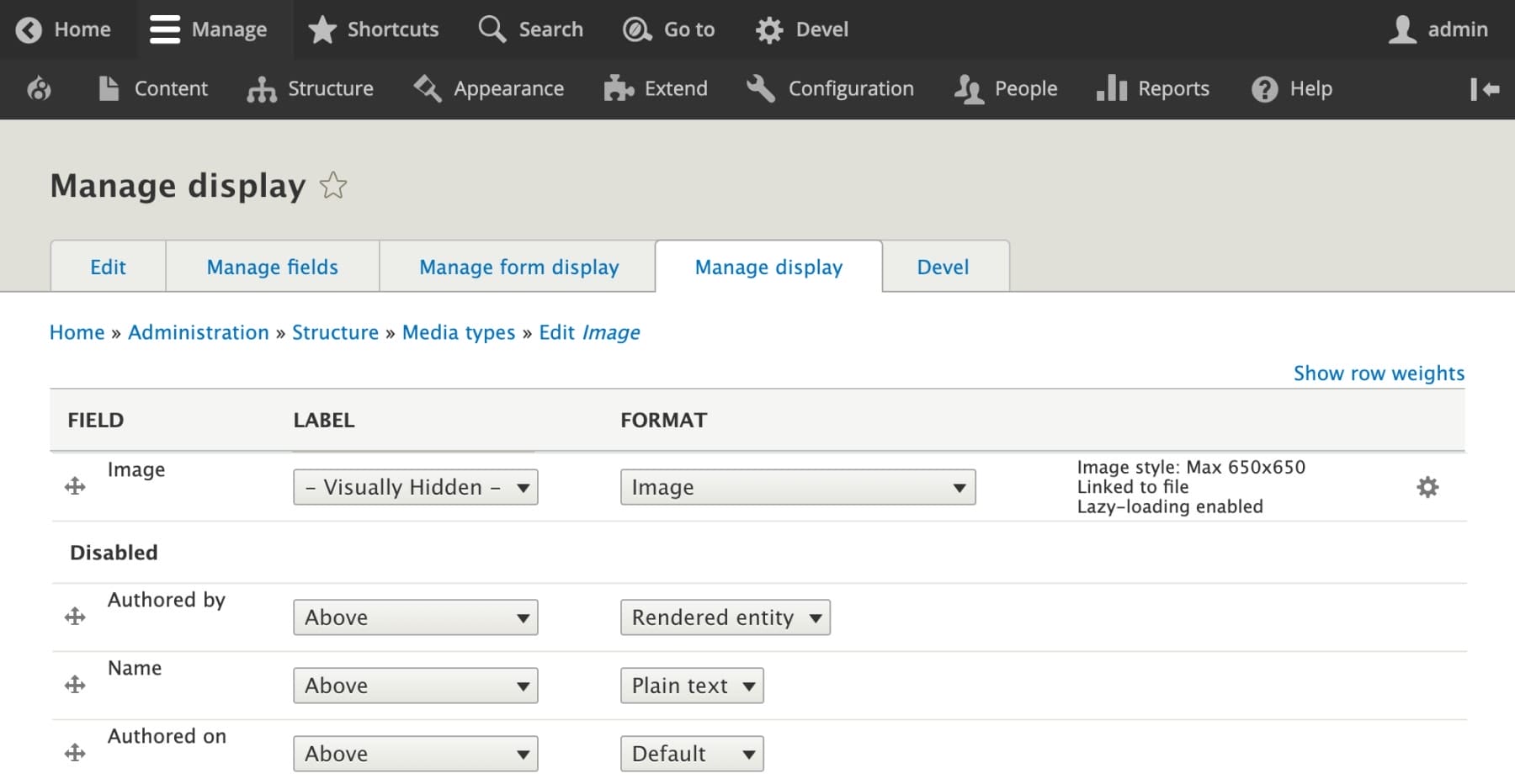
What We Like About Drupal
- Plenty of Modules: Drupal is configurable using modules (45,000+) and thousands of themes for extensive customization.
- Excellent Security: Considered one of the most secure open-source CMS software.
- Create Intricate Websites: Excellent for developing complicated websites with personalized features, especially with a technical background in Drupal.
What Could Be Improved
- High Complexity: Drupal’s advanced features and flexibility come at the cost of a steep learning curve, making it less accessible for beginners.
- Moderate Performance: Drupal sites can suffer from performance issues without proper optimization, requiring caching and performance tuning expertise.
Who is Drupal Best For?
Drupal is ideal for developers and businesses with significant technical resources to build a highly customized site that can handle large volumes of data and heavy traffic. It offers a wide range of highly configurable modules and themes, with the highest reputation for security among open-source platforms. However, its steep learning curve and high cost of building and customizing sites make it less user-friendly for beginners than other CMS platforms.
To see how Drupal compares to WordPress, see our breakdown of WordPress vs. Drupal.
Community Reviews and Ratings
Users love the flexibility of Drupal but hate the complexity of it. Drupal is another beloved open-source CMS that has been around for a long time and has lots of name recognition. However, unless you are working with someone with experience with it, it is far less easy to work with than WordPress.
Pricing
Free CMS that many hosting companies provide an easy install option for.
Comparing the Best Options
We’ve given you many opinions, research, and descriptions of these platforms. How about we collapse the view a little and show you some snapshots to help you make the decision?
Feature Comparison
Here are our top three, ranked by primary features you should look for.
| 🥇WordPress | 🥈HubSpot | 🥉Shopify | |
|---|---|---|---|
| Starting Price | Free (hosting & extras vary) | $25/mo for CMS Starter | $39/mo |
| Customizable Branding | ✔️ | ✔️ | ✔️ |
| SEO Tools | ✔️ | ✔️ | ✔️ |
| Security Features | ✔️ | ✔️ | ✔️ |
| Integration with CRMs | ✔️ | ✔️ | ❌ |
| Hudrends of Free Templates/Themes | ✔️ | ✔️ | ❌ |
| Ecommerce Functionality | ✔️ | ❌ | ✔️ |
| Content Portability | ✔️ | ❌ | ✔️ |
| User Management | ✔️ | ✔️ | ✔️ |
| Community Support | ✔️ | ✔️ | ✔️ |
| Community Rating | 4.5/5 ⭐⭐⭐⭐⭐ Read Reviews | 4.4/5 ⭐⭐⭐⭐ Read Reviews | 4.4/5 ⭐⭐⭐⭐ Read Reviews |
| Get WordPress | Get HubSpot | Get Shopify |
Price Comparison
Price is no small factor. CMSs are complex pieces of software and certainly come with some sort of a price tag. You should know exactly what you are getting into (monthly, yearly, etc.) before making your decision.
| CMS Logo | CMS Software | Starting Price | Free Plan | ||
|---|---|---|---|---|---|
| 1 |  | WordPress | Free* | ✔️ Yes | Start |
| 2 |  | Hubspot | $25/mo | ✔️ Yes | Visit |
| 3 |  | Shopify | $39/mo + Trans. Fees | ❌ Trial | Visit |
| 4 |  | Webflow CMS | $29/mo | ✔️ Yes | Visit |
| 5 |  | Contentful | $300/mo | ✔️ Yes | Visit |
| 6 |  | Adobe Experience Manager | Custom Pricing Only | ❌ Trial | Visit |
| 7 |  | Magnolia | Custom Pricing Only | ❌ Trial | Visit |
| 8 |  | Joomla | Free* | ✔️ Yes | Start |
| 9 |  | Ghost | $11/mo | ✔️ Yes | Visit |
| 10 |  | TYPO3 | Free* | ✔️ Yes | Visit |
| 11 |  | Drupal | Free* | ✔️ Yes | Start |
| All CMS platforms require a domain. See Namecheap for a good domain registrar. *Free CMS but requires separate hosting. |
|||||
What is the Best CMS?
The three best CMS platforms are WordPress, HubSpot, and Shopify.
WordPress and its vast customization abilities and massive community (and market share) make it an excellent choice for almost any website and business.
With its connected marketing and sales platforms, HubSpot creates a compelling case if you are okay with opting for a closed system with limited outside customization.
Finally, Shopify is ideal for first-time shop owners and small businesses looking to sell online. The platform makes it easy to set up a shop and connect all the relevant marketing tools using simple wizards. However, we prefer WordPress + WooCommerce.
But are there other choices to consider? When building a website, there are tons of options. You might not need an entire CMS, either. We’ve compared WordPress with other top website-building platforms to help you choose between them.
How to Get Started With WordPress
Are you thinking about using WordPress? We believe that’s a great choice! WordPress gives you the freedom to create just about anything. But where do you even start? Here’s a quick guide:
- Hosting: You’ll want a great host. That’s key. We recommend SiteGround and Pressable. Both offer competitive plans for any situation.
- Theme: We recommend our very own Divi Theme. It’s the most popular theme in the world and will help you create custom content pages and archives for all that content of yours.
- Security: Keep your website secure with iThemes Security.
- SEO: Make sure your website is optimized for search engines using Rank Math on our top SEO tools list.
- Backups: If disaster strikes, you’ll want to use BackupBuddy to keep regular data backups.
- Performance: Nothing is worse than a slow website. Keep your website running fast with WP Rocket.
Frequently Asked Questions (FAQs)
Before we wrap up, let’s answer some of your most common questions regarding content management systems. Did we miss one? Leave a comment, and we will reply!
What is the best content management system?
What is the best free content management system?
What is the most widely used content management system?
What are the different types of CMS?
What do you use a content management system for?
How do I choose the best content management system for me?
What are the limitations of using a free content management system?
What are the benefits of using a content management system?
What makes WordPress the best content management system?
What is the best content management system for SEO?
What is the best content management system for eCommerce?
What is the best headless CMS?
Featured Image by Ashan Randika / shutterstock.com







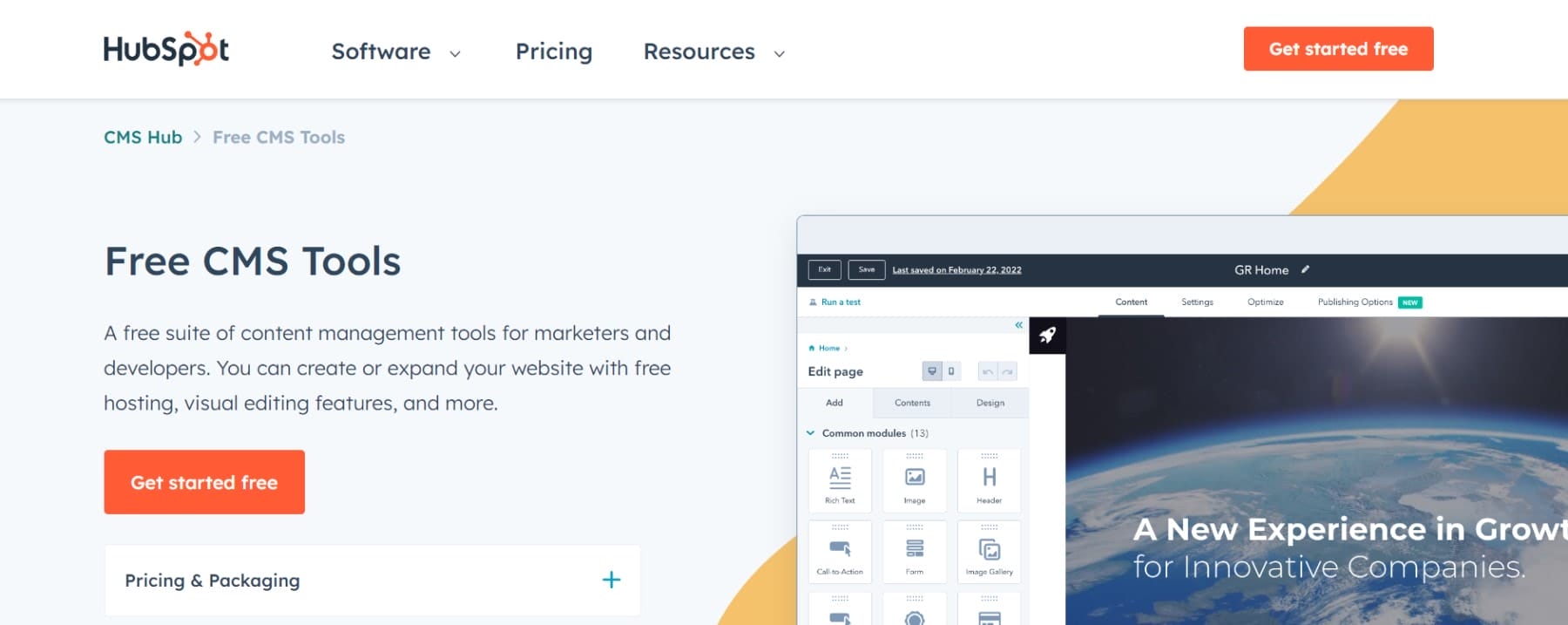






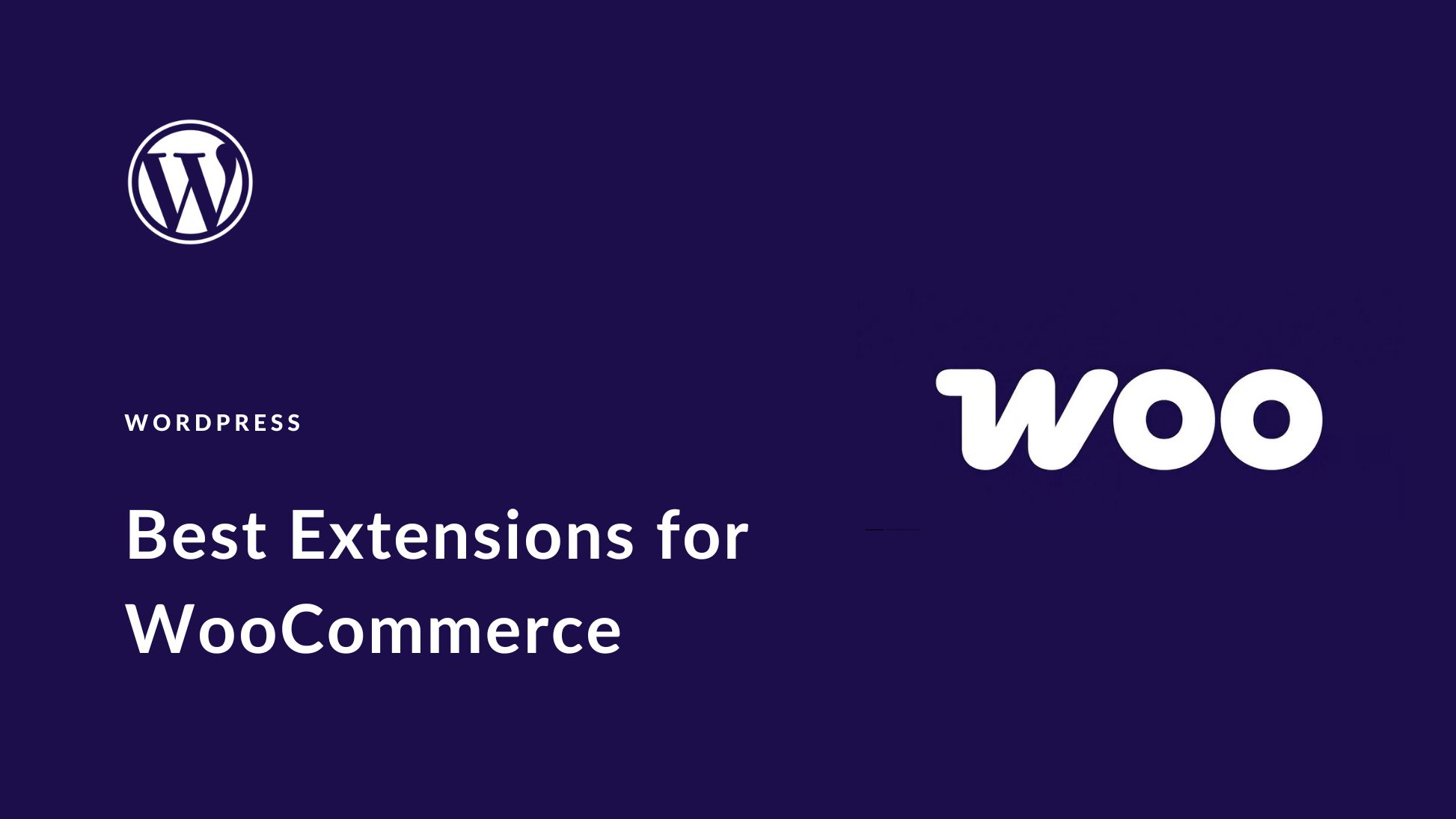

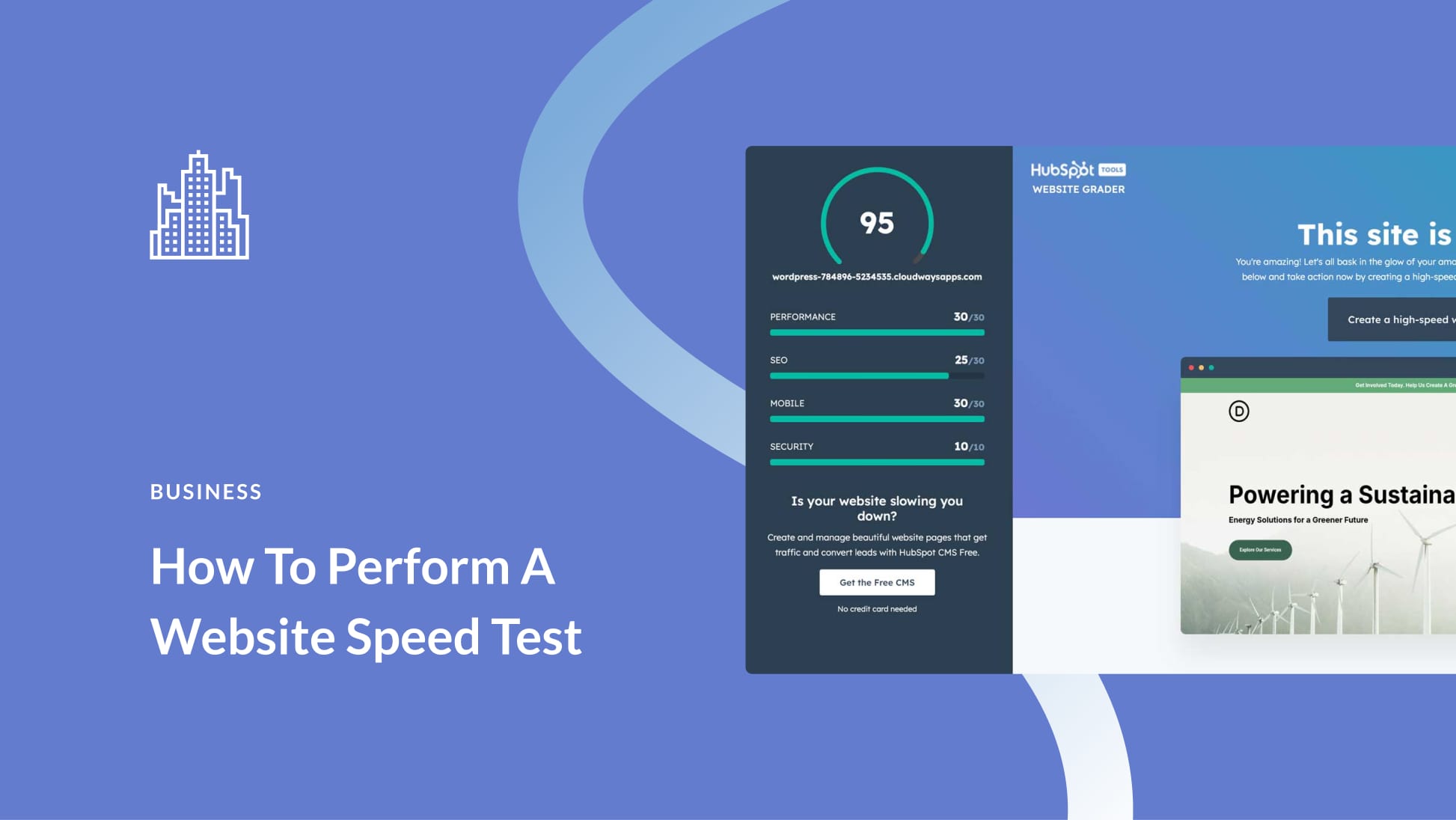
One of the best CMS listings I’ve ever seen. Maybe a data CMS like Elanat framework also had the potential to be in this list.
There is a small error regarding the HubSpot CMS. The pricing starts at free. You can actually see that in the screenshot example provided where it says “Free CMS Tools” 🙂
You’re right, thanks Dennis.
HubSpot has a generous free tier in their CMS that comes with premium hosting, a custom domain, and lots of marketing tools.
Good call out, Nicholas. Its free tier definitely has enough to get you in the door. I’m still of the opinion that WordPress is up there, especially when considering free options.